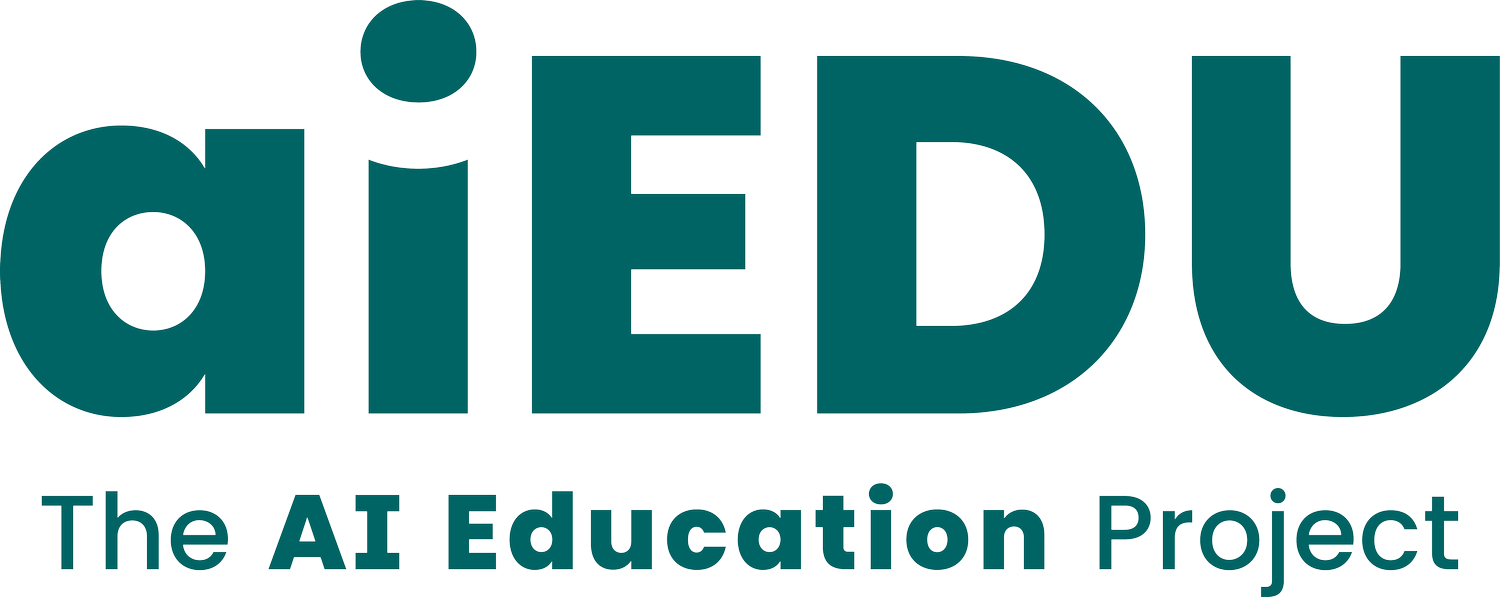Empowering Educators and Advancing AI Literacy with the AI Trailblazers Fellowship
Today's high school students will soon graduate into an AI-powered world, where AI literacy is one of the most important skills that empower digital citizenship, competitive career progression, and responsible use of AI technologies. And yet, despite excitement and investment around new AI tools, the vast majority of students in the U.S. will complete their K-12 education without any exposure to AI.
As aiEDU continues to build AI resources for classrooms across the country, we turned to the foremost experts on what real-world classrooms need: teachers. The fellowship enables 25 high school educators to take a lead role in shaping the future of AI in the classroom.
A new opportunity from aiEDU’s Learning Team, the fellowship acts on one of our core values: to create AI resources tailored for real classrooms. Educators will be equipped with the tools, skills and knowledge they need to integrate AI literacy into their teaching, while helping to ensure that aiEDU curriculum and resources are responsive, adaptable and rooted in both innovation and the reality of classroom environments.
“This fellowship represents more than just professional advancement. It’s a call to co-create a compassionate, AI-driven educational space,” said Colin Sailor, an English language arts teacher in Longmont, Colo. and a member of the cohort. “Having the opportunity to lend my voice to the aiEDU curriculum is a chance to contribute to building an inclusive future.”
The cohort’s 25 educators collectively serve more than 1,250 high school students across 18 US states, and teach subjects including math, english, computer science and economics. 92% of the cohort — 23 out of 25 of the fellows — teach at Title I eligible schools and are required or encouraged to include modifications for English language learners in their classrooms. Several teach special needs students.
“The 25 fellows were chosen from more than 220 impressive applicants to join this community of forward-thinking educators,” said Jessica Ann, the instructional design lead at aiEDU who will manage the fellowship. “With their help, we will continue to improve our equitable educational experiences that excite and empower learners with AI literacy.”
Over the course of 16 weeks, fellows will provide critical feedback and perspectives on aiEDU resources, participate in training sessions to build their capacity for teaching AI literacy, discover new ways AI can assist with their workflows, and immediately begin to empower their students with project-based AI literacy lessons and activities.
We recognize that teachers are often asked to take on extra work and responsibility without fair compensation. Teachers are central to aiEDU’s work, and we are committed to compensating them fairly for the value they bring to innovation in education. Therefore, fellows receive a $1,700 stipend for the time they spend training, reviewing and integrating AI literacy.
By the end of the fellowship, they will gain professional development in an essential, rapidly growing area of education, recognition as leaders in this space, and networking opportunities with other innovative educators. Their commitment will not only directly benefit their students but also advance AI education and positively impact students across the country.
